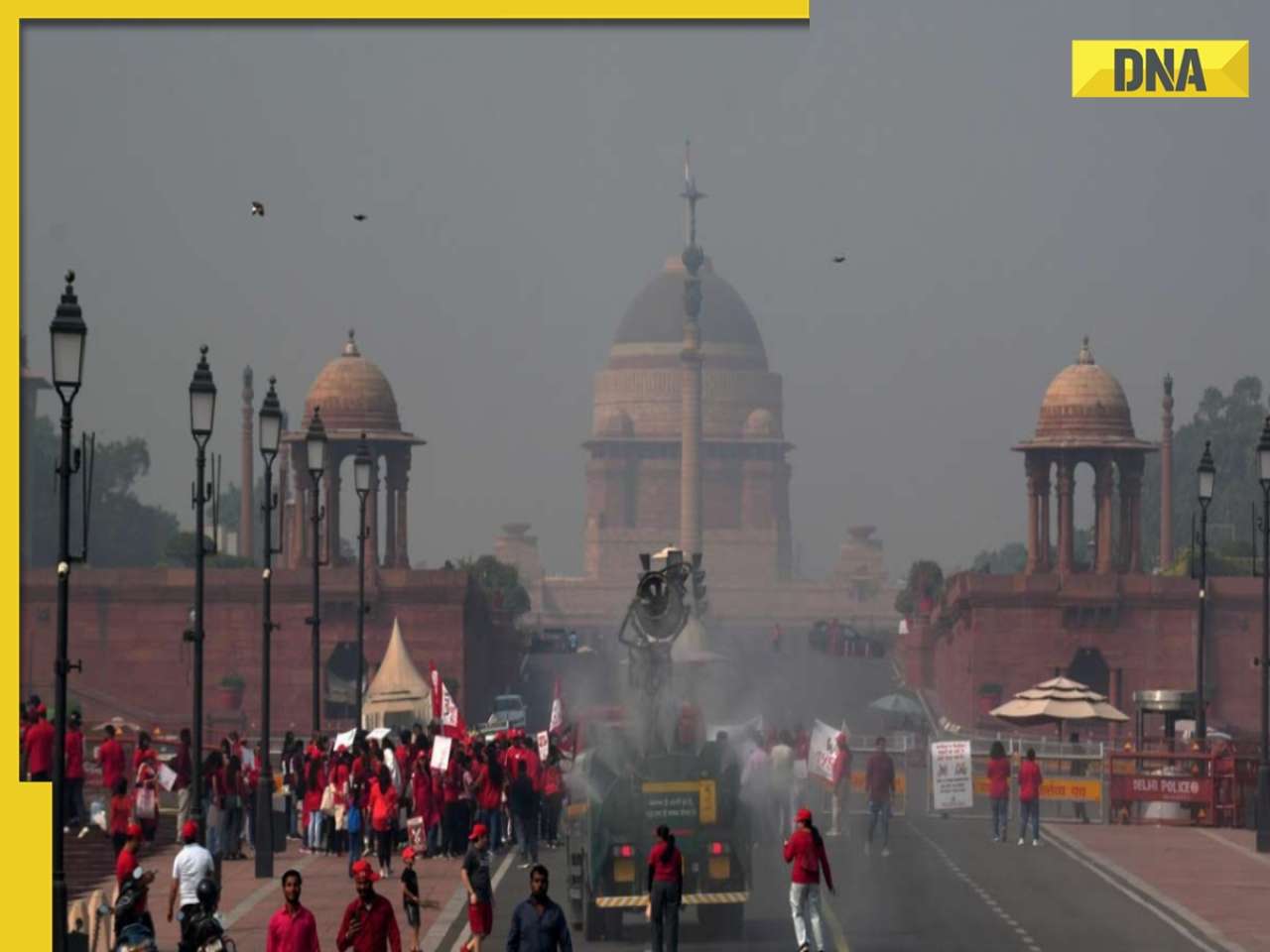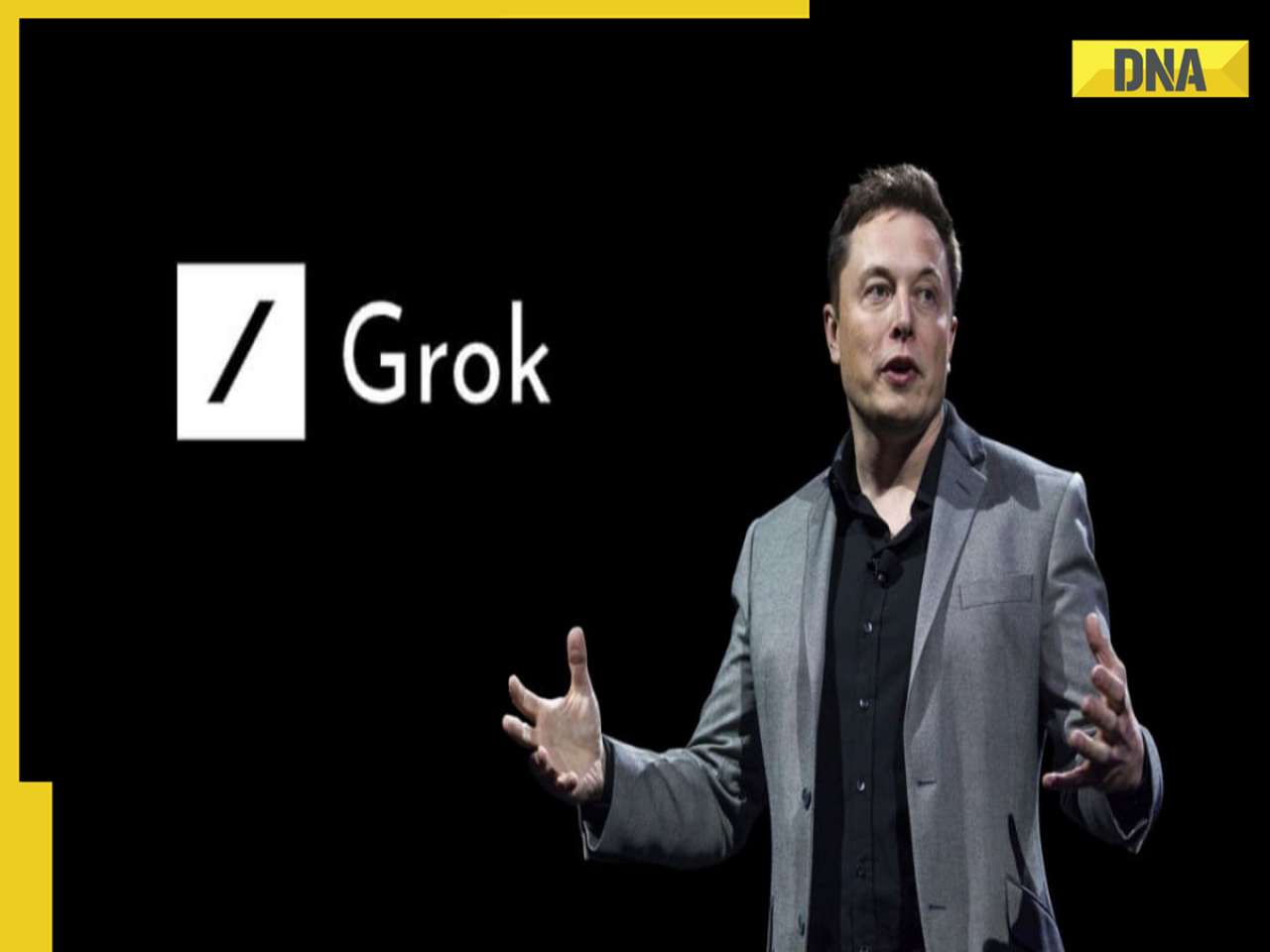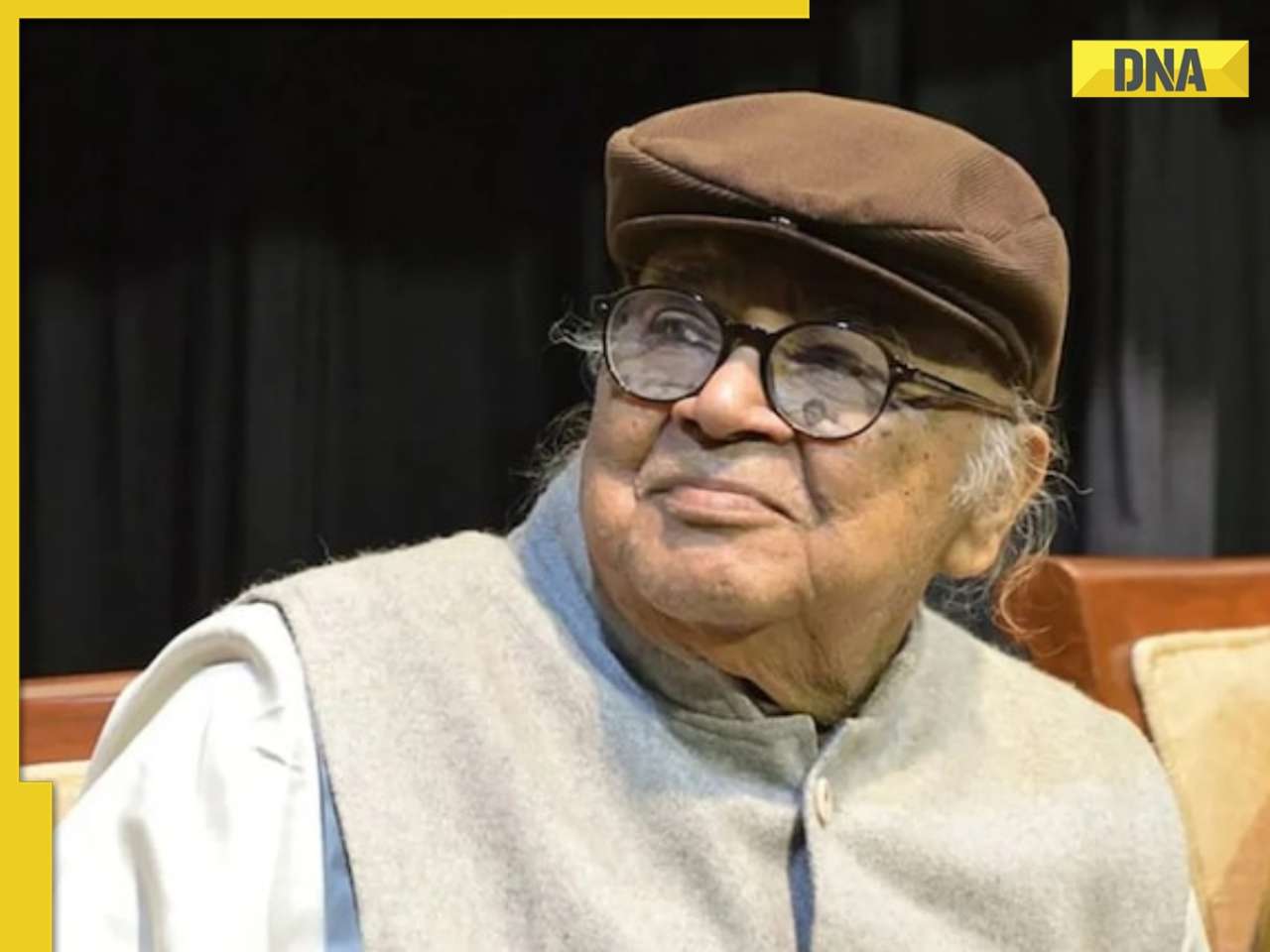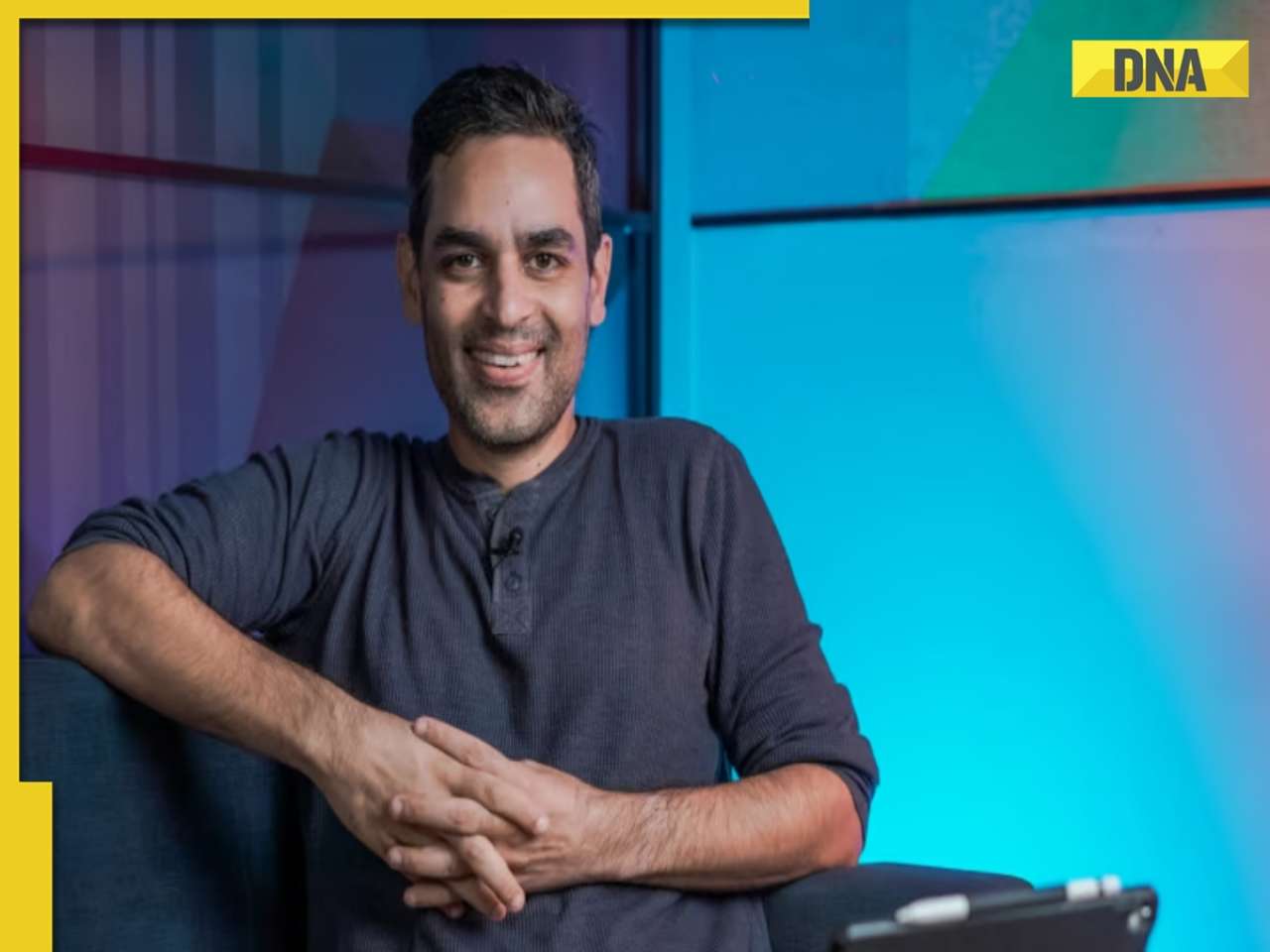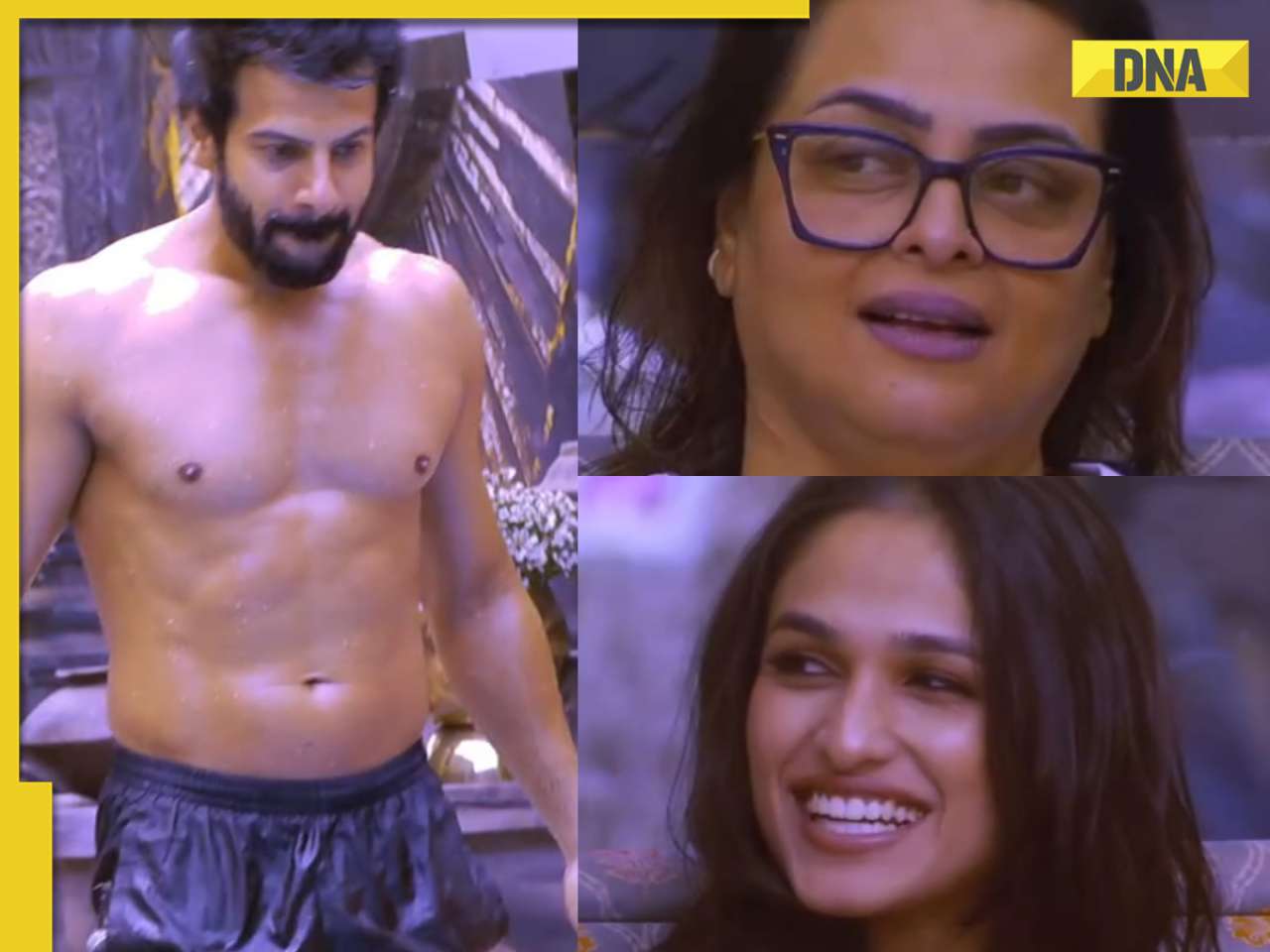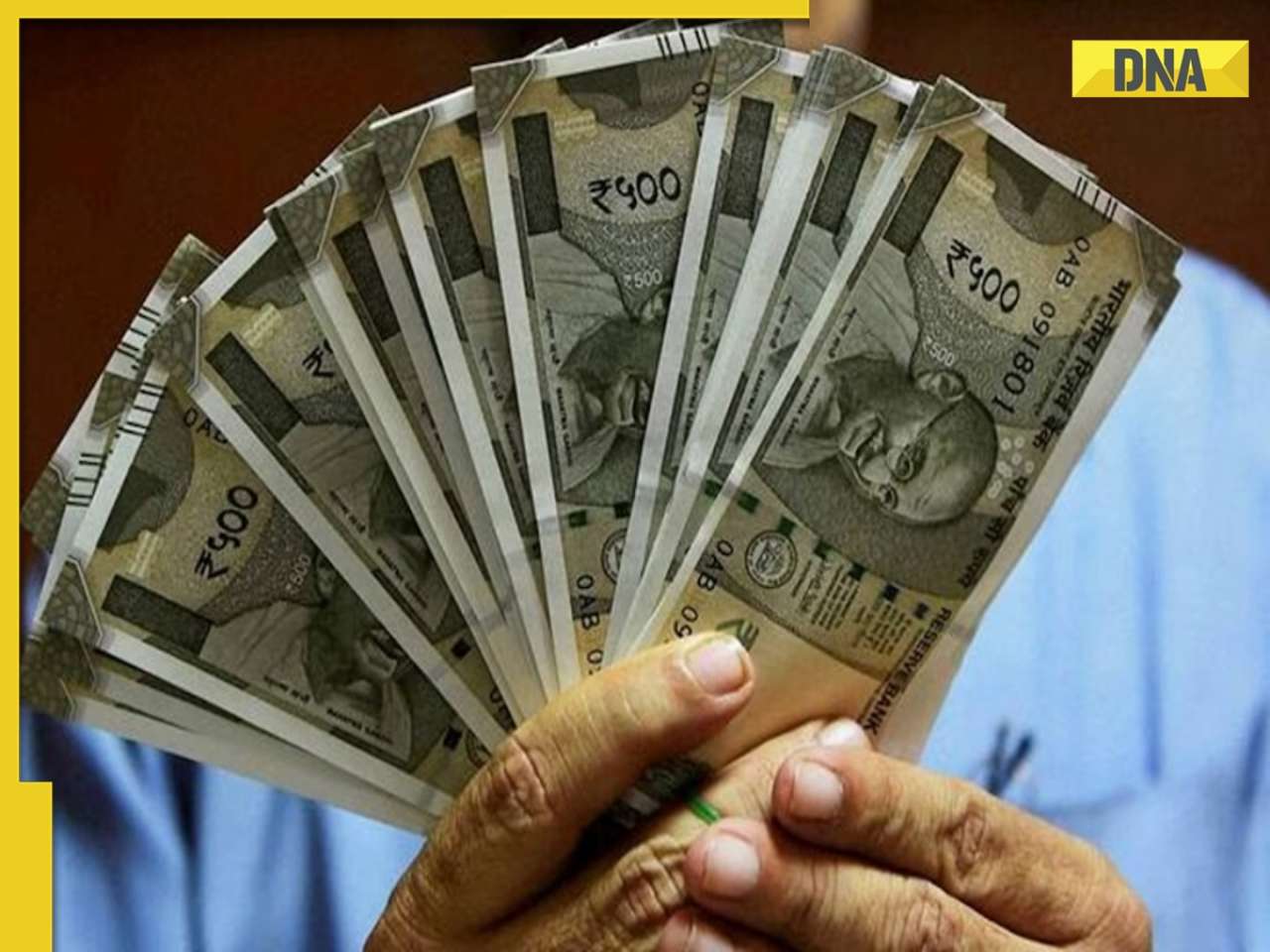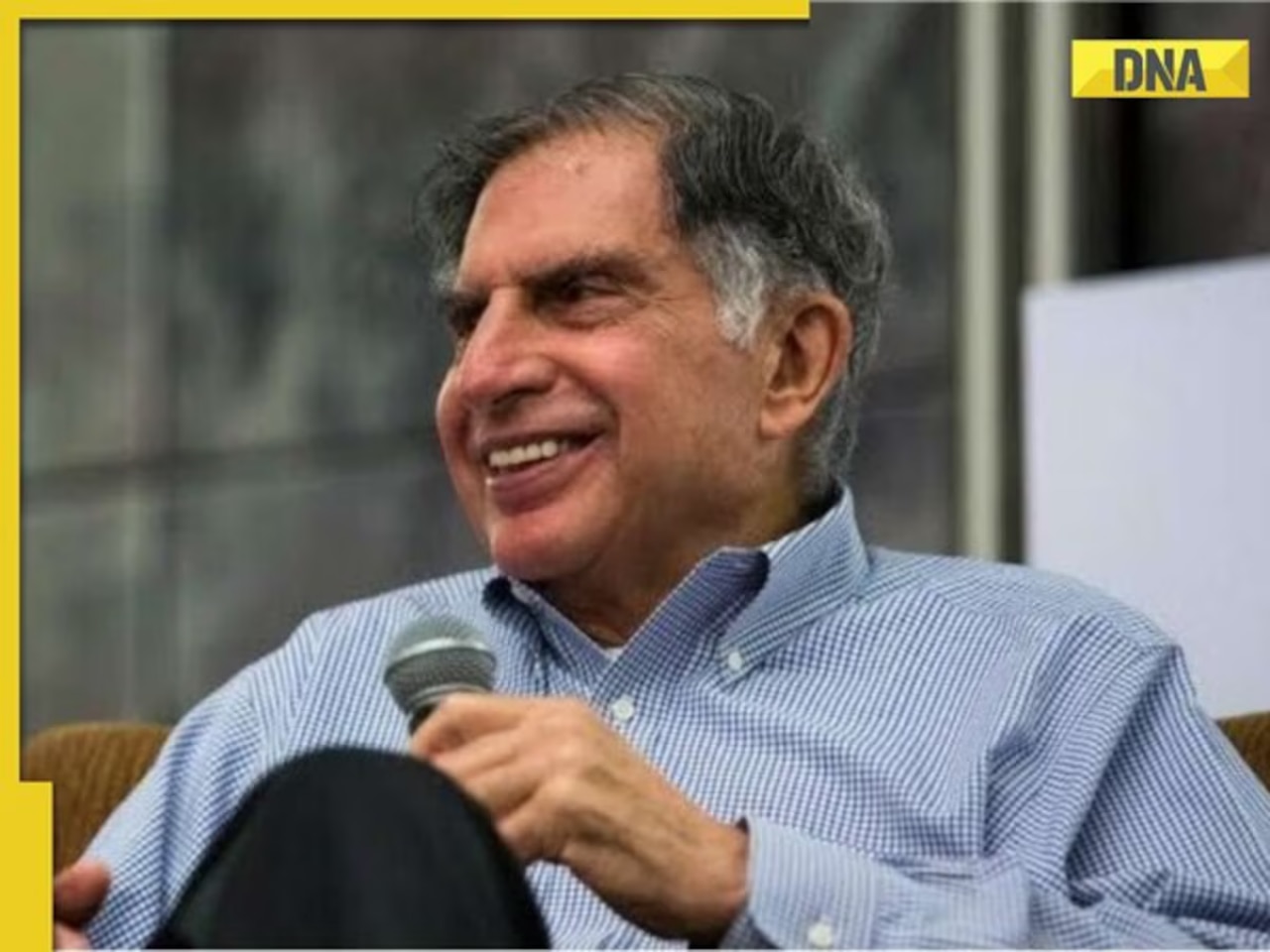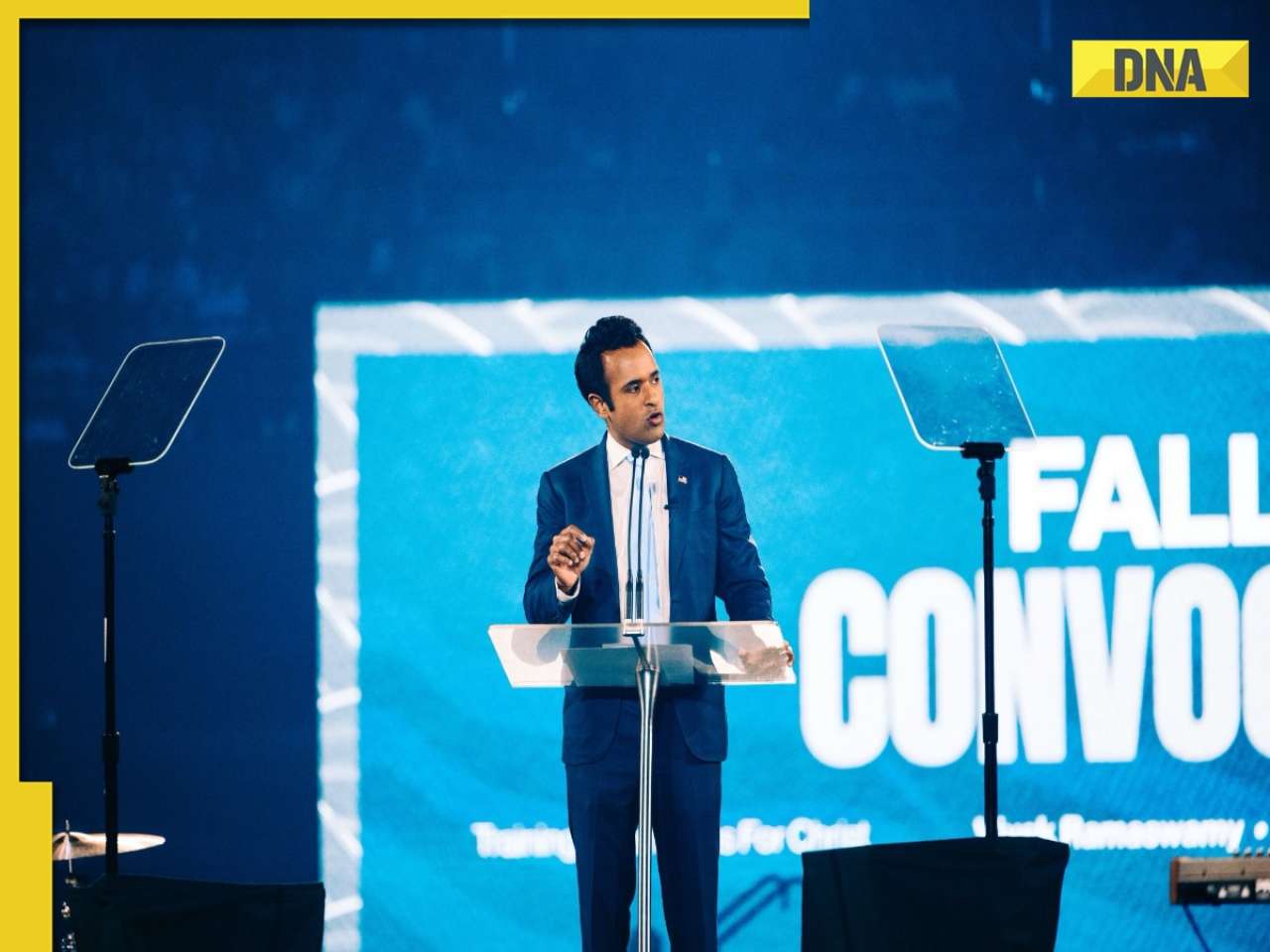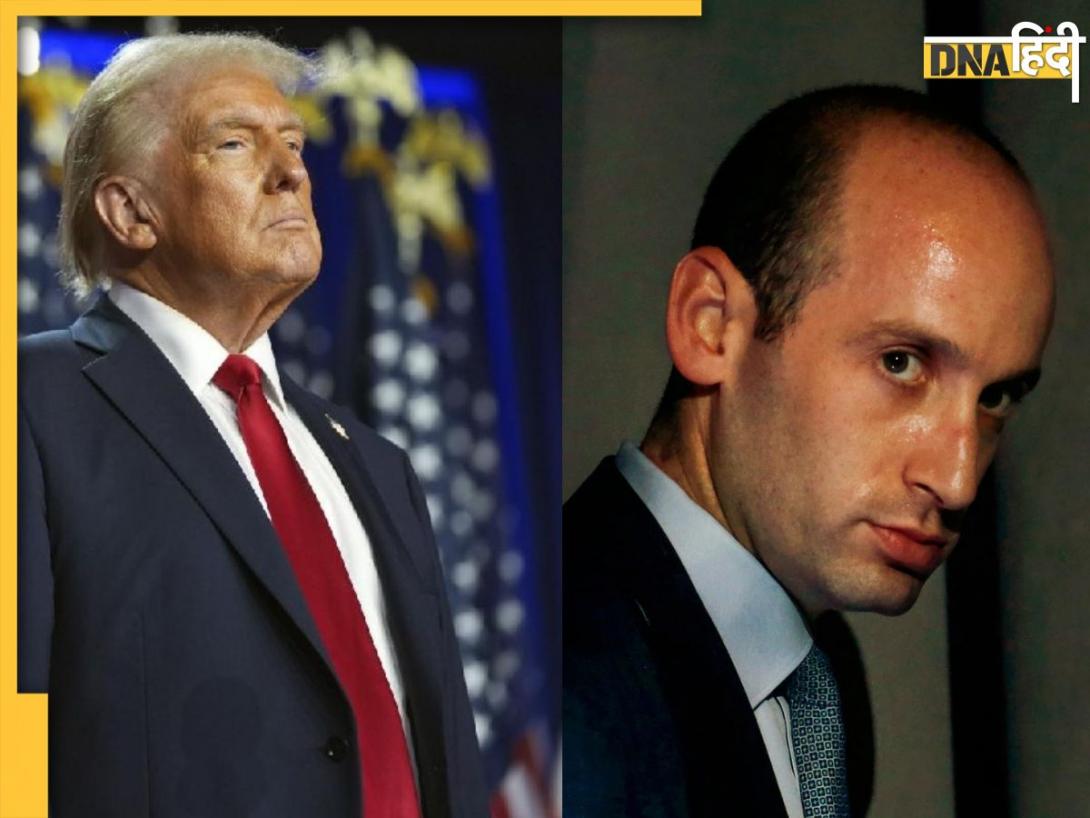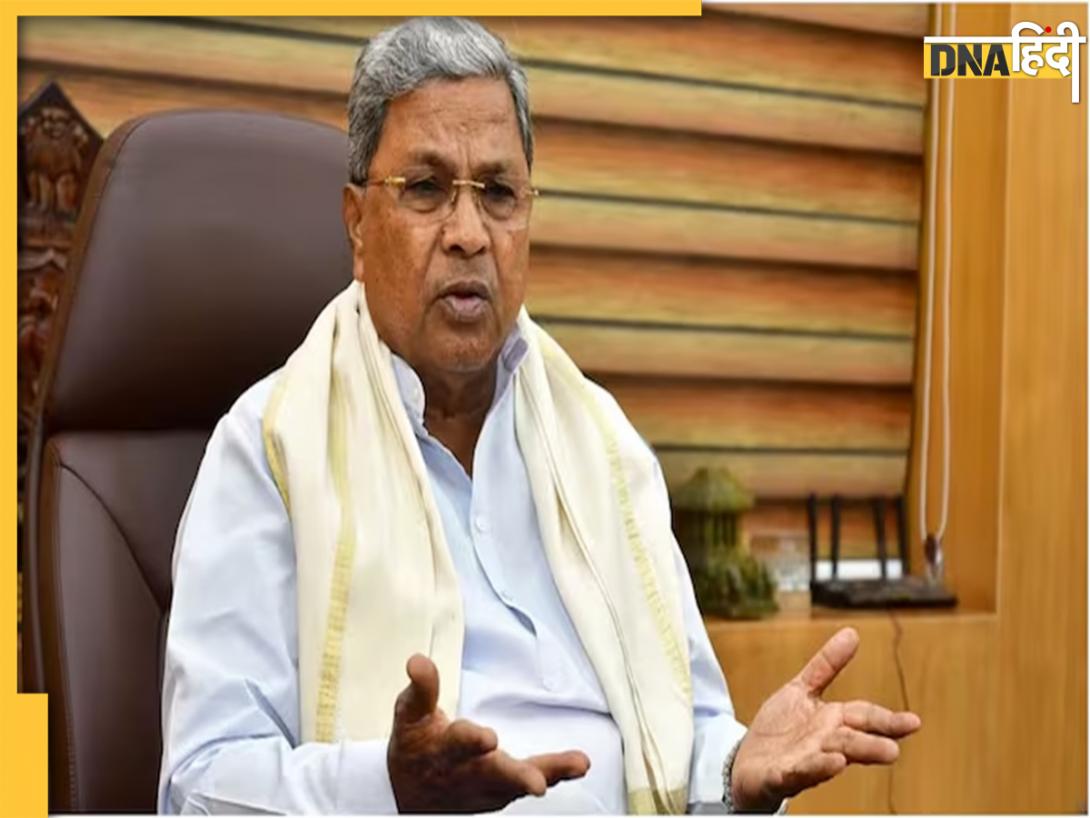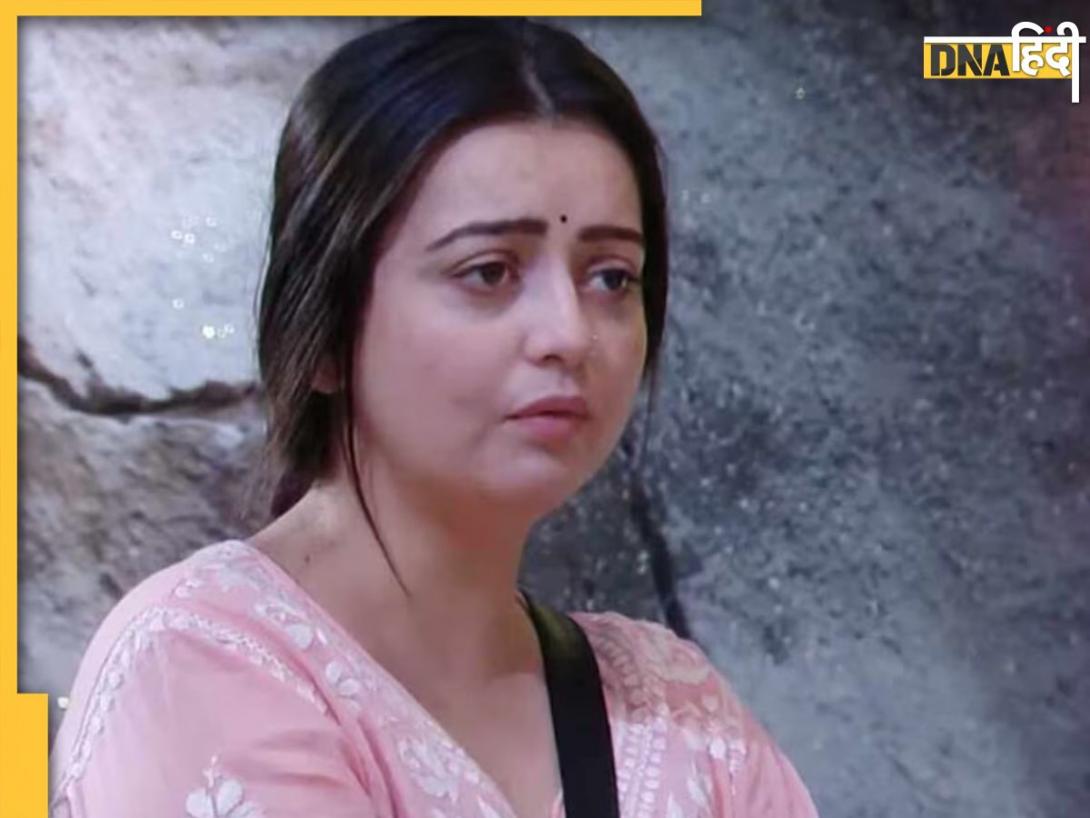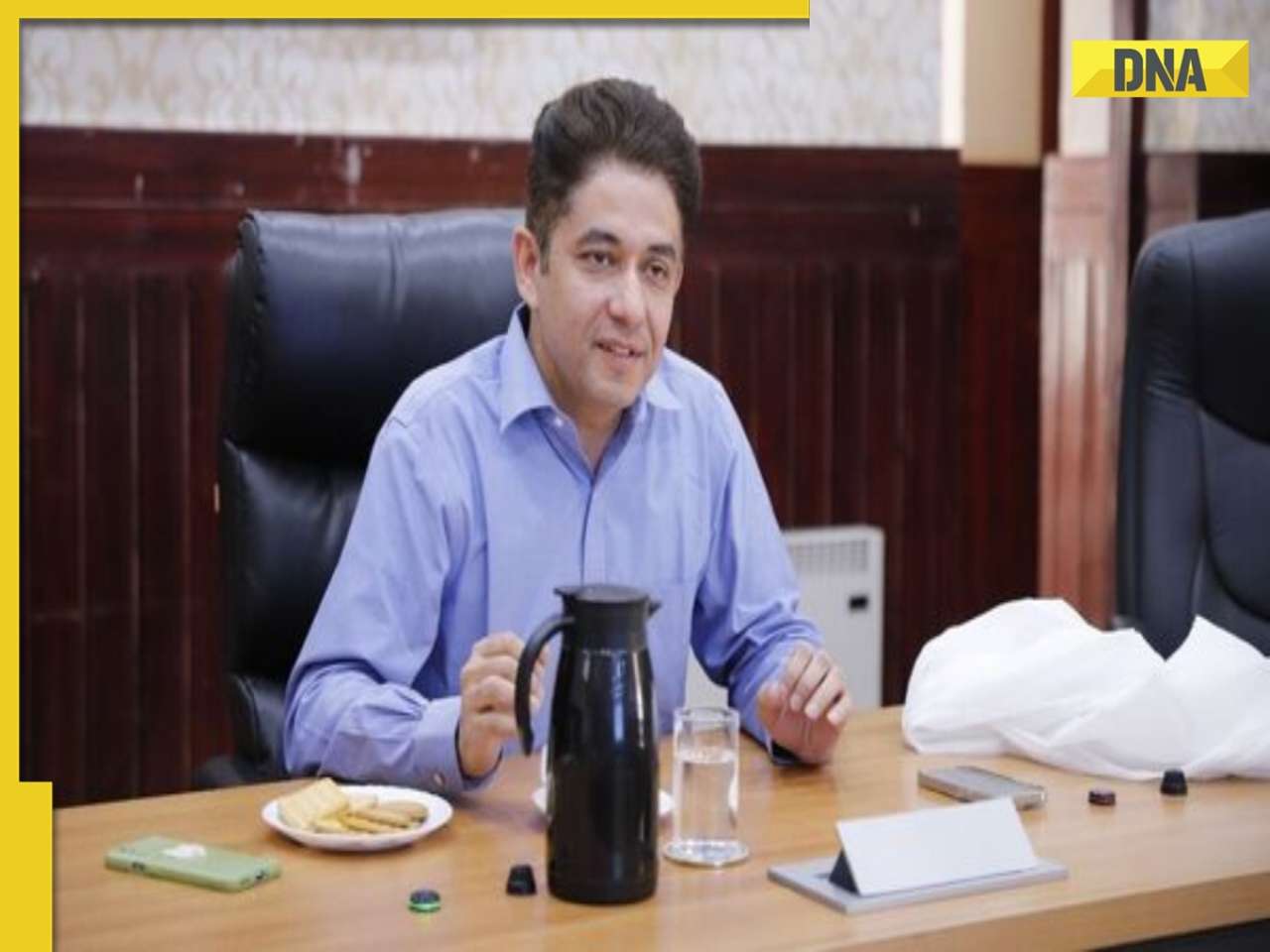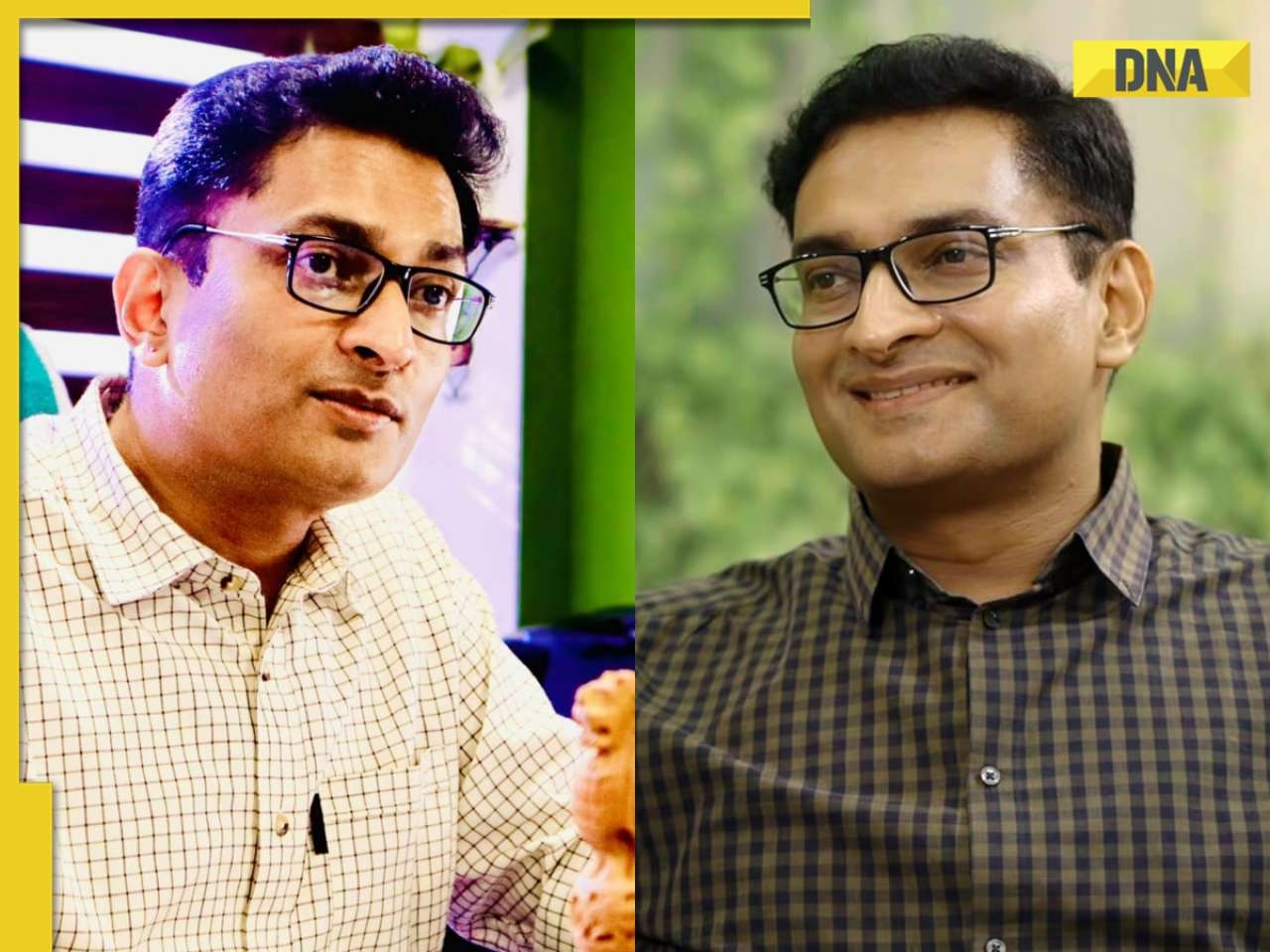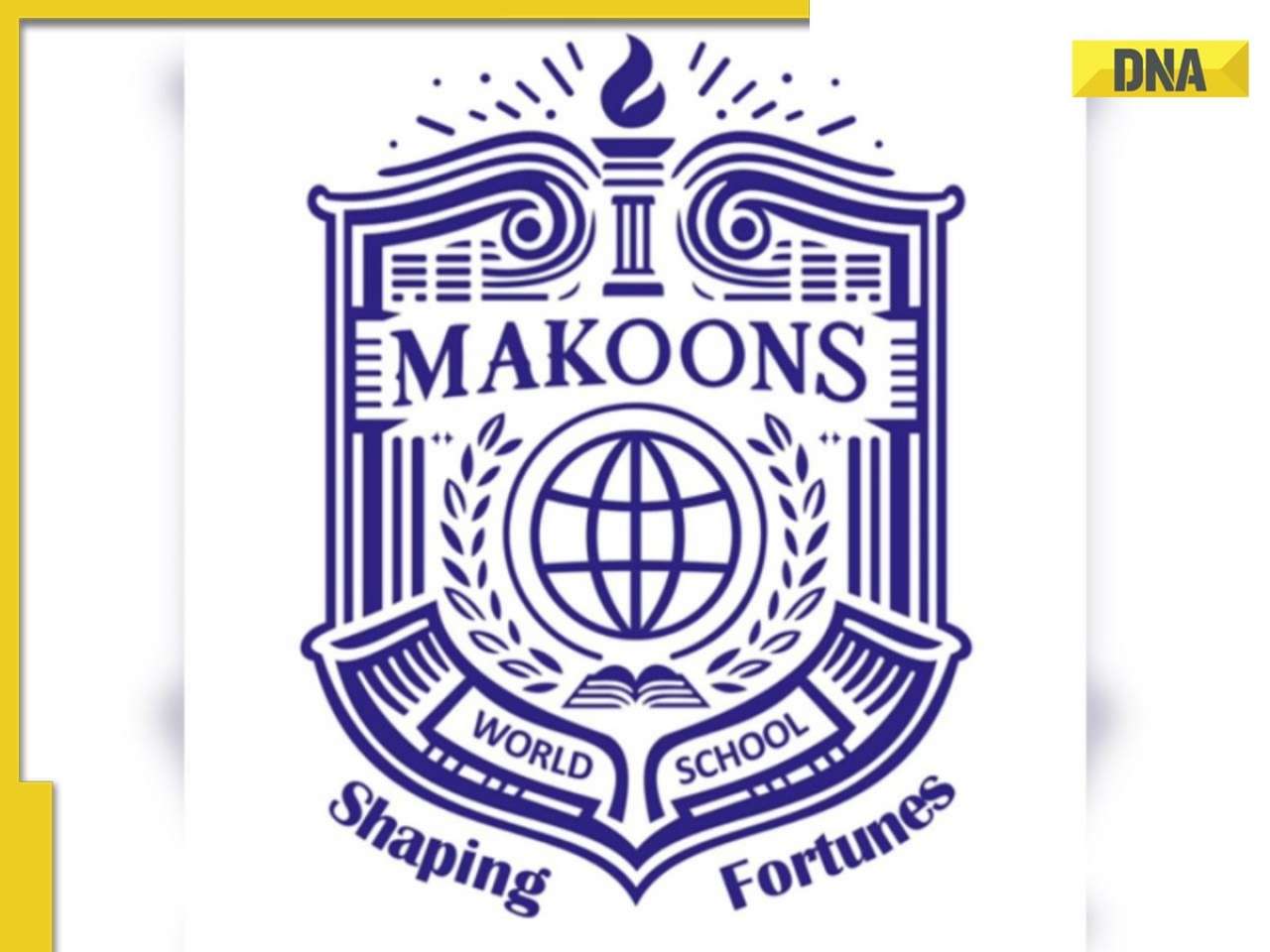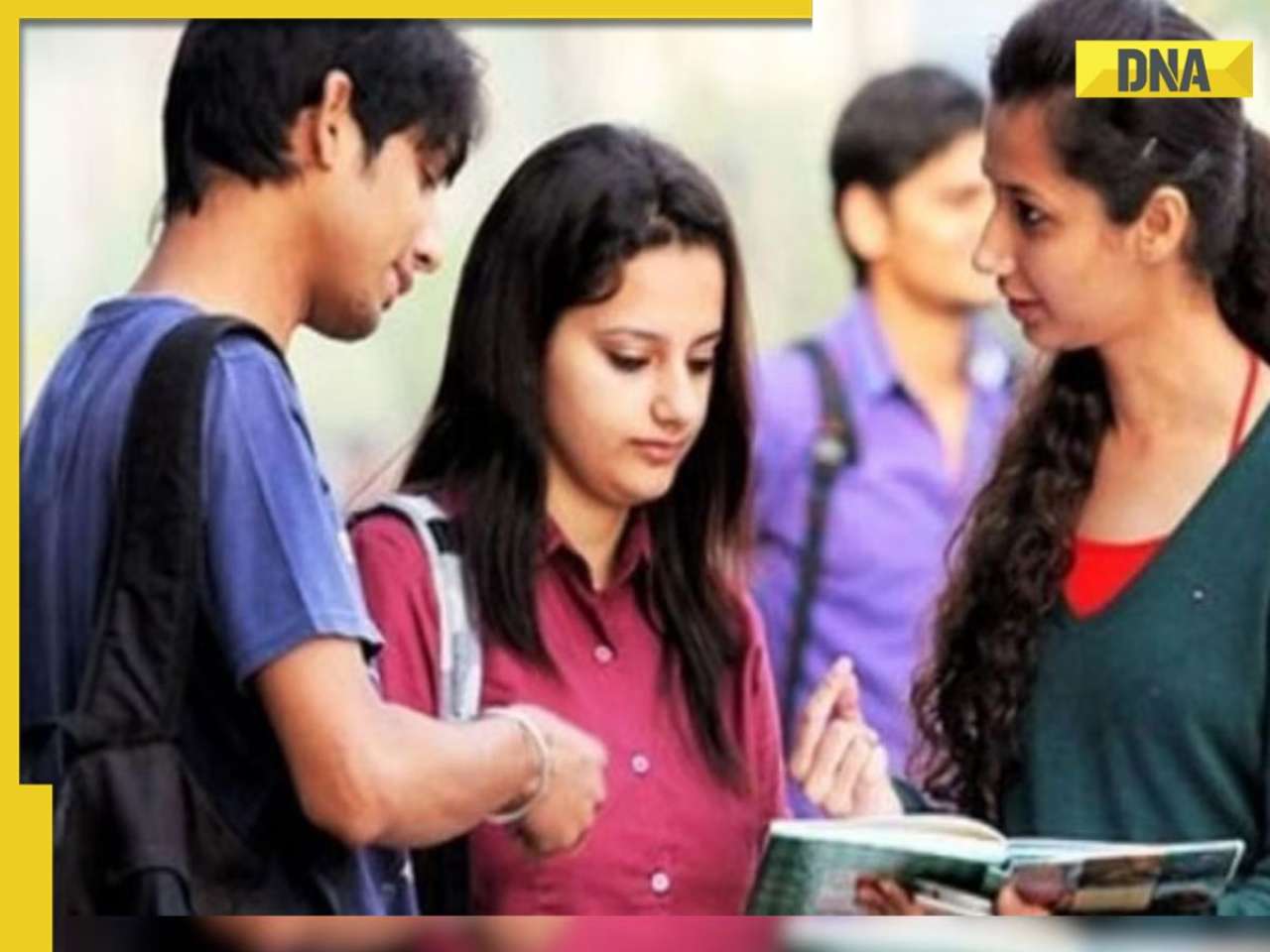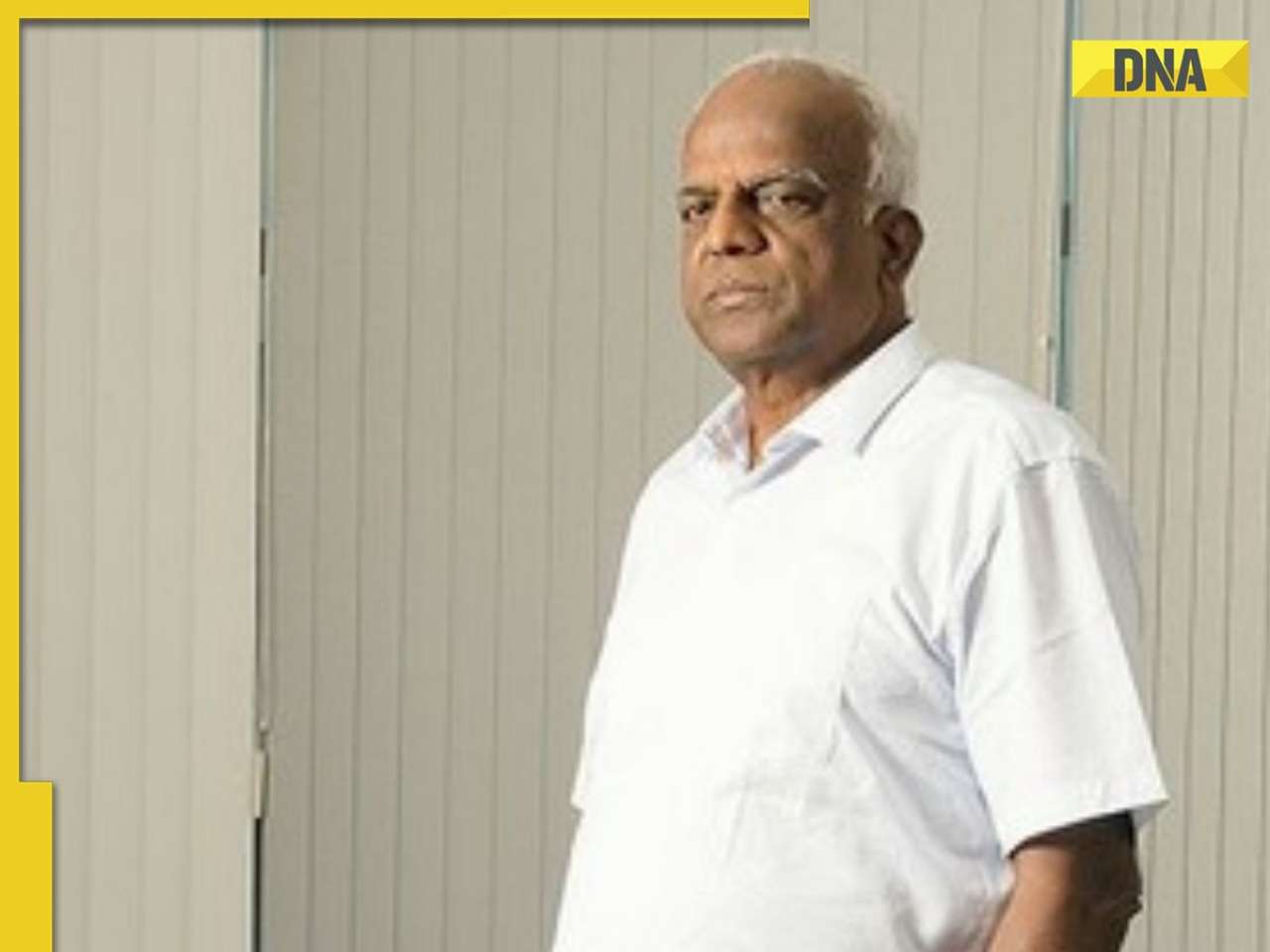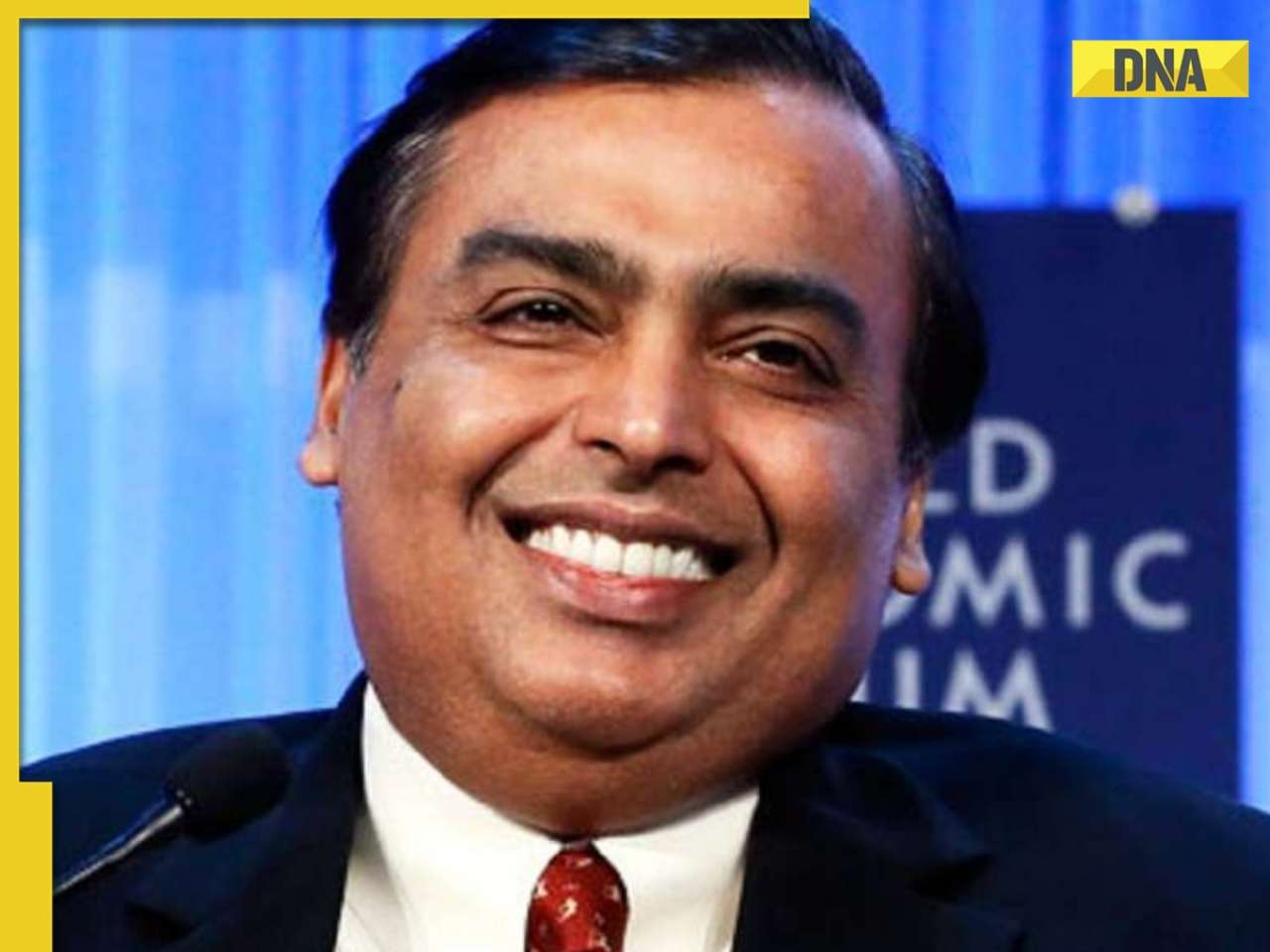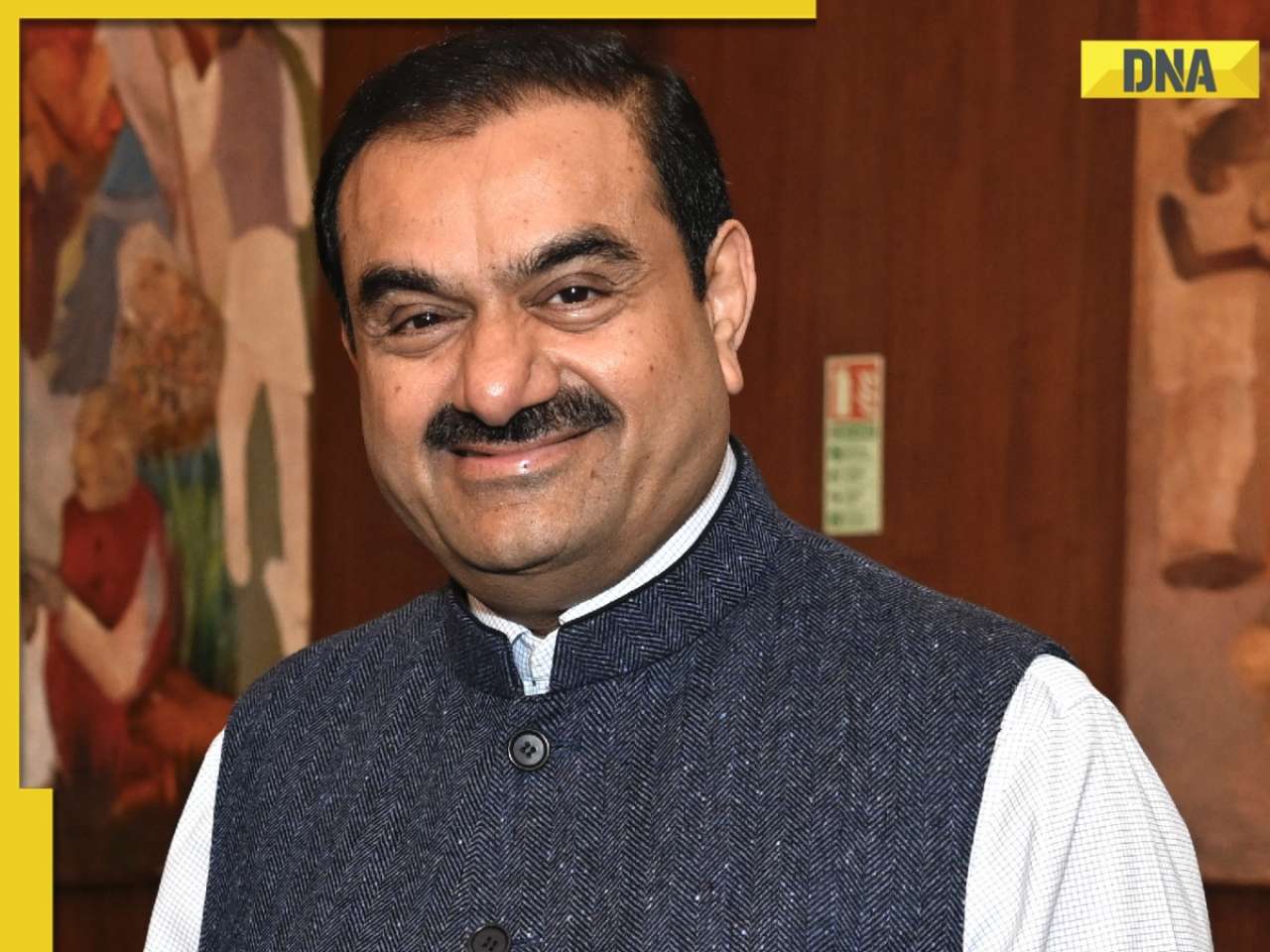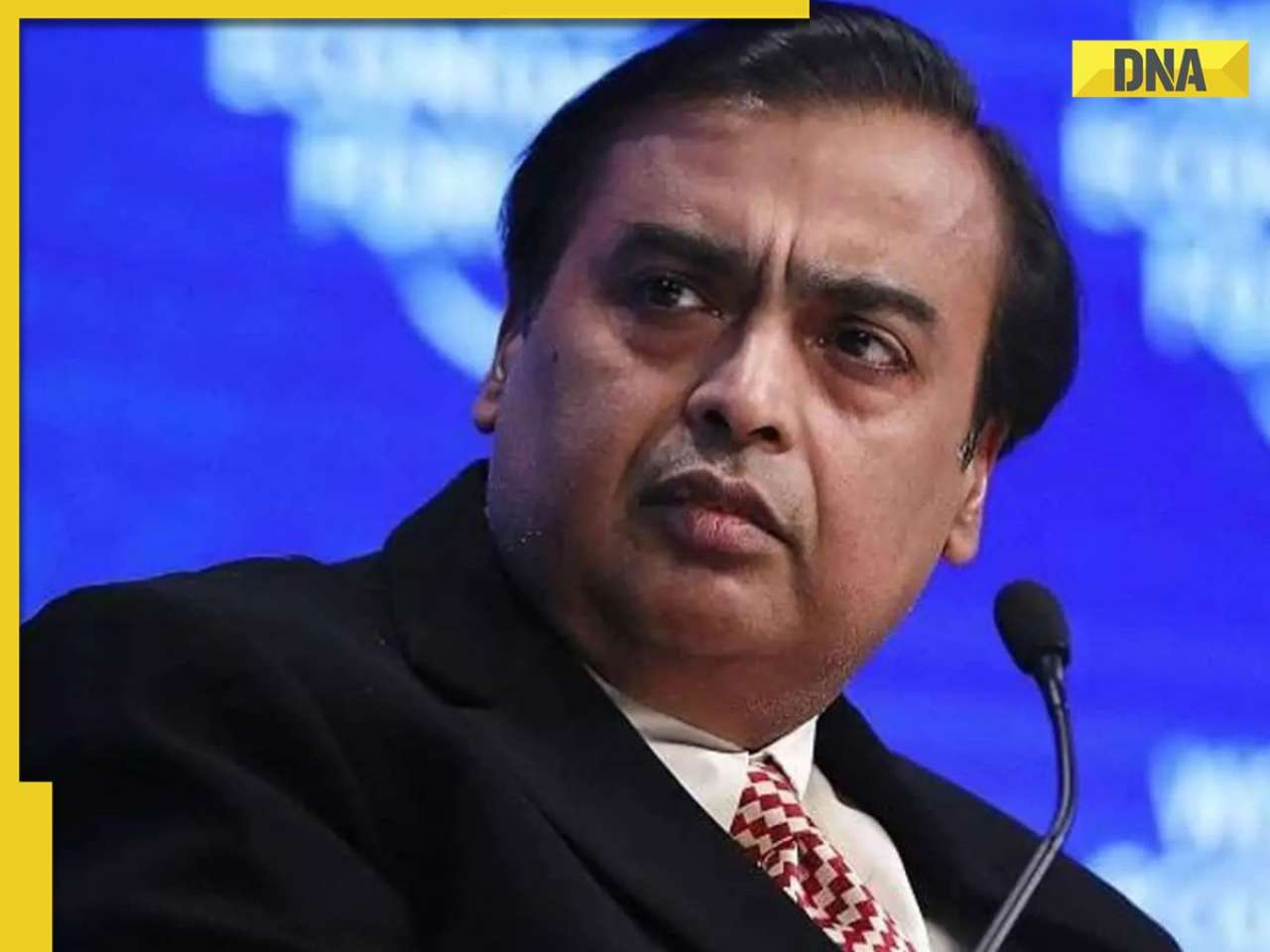- LATEST
- WEBSTORY
- TRENDING
BUSINESS
Paper Boat - selling memories in a bottle
Neeraj Kakkar, CEO of Hector Beverages, the makers of the Paper Boat juices, and brands expert Santosh Desai, Managing Director and CEO of Future Group speak to Pradyuman Maheshwari about the 'Marketing of Nostalgia'.
TRENDING NOW
Or, in the case of Paper Boat, a flexi stand-up spout pouch. Can the company, which has taken the nostalgia route to promote its beverages quite successfully, carve out a niche for itself among the cola giants? And can harking back to the past be an enduring marketing strategy? Pradyuman Maheshwari speaks to Neeraj Kakkar, CEO of Hector Beverages, the makers of the Paper Boat juices, and brands expert Santosh Desai, Managing Director and CEO of Future Group, about this. The discussion -- with ‘Marketing of Nostalgia’ as the theme -- was held as part of the ‘IAA Conversations’ series of the International Advertising Association India Chapter.
Santosh, the ‘Marketing of Nostalgia’ sounds like a cashing in on nostalgia. Is that a good or a bad thing?
Santosh Desai (SD): Nostalgia is a very important part of our lives. It has nothing to do with marketing. We are nostalgic about so many things -- childhood, the school we have studied in, our college days -- so the idea of nostalgia is intrinsic to life, and marketing connects with anything intrinsic to life. Hence the marketing of nostalgia is not in any way exploitative or using something sacred for the purposes of selling. I think it is perfectly legitimate to connect with nostalgia.
Neeraj, you have used nostalgia in a big way, and your product has worked in the market. But how did you think of connecting with a person’s past to promote your products?
Neeraj Kakkar (NK): We sell Paper Boat drinks, the recipes of which go back thousands of years, handed down from one generation to another. But they have been disappearing. We are trying to preserve those traditional recipes in a new-age form. When we decided on the brand, we discussed two words: Alive, which denotes young and contemporary, and authentic, which is as it should be. We chose the memories route to communicate authentic. For everybody, their memories are the most pure, innocent and authentic thing. So we are trying to communicate authenticity by showing those pure, innocent memories.

Santosh Desai CEO, Future Brands
The marketing of nostalgia is not in any way exploitative or using something sacred for the purposes of selling. I think it is perfectly legitimate to connect with nostalgia.Paper Boat is not the first company to use nostalgia to its benefit. Internet Explorer, PlayStation and even Maggi have done it. Has it worked for everybody?
SD: I am sure it has because, as Neeraj said, there is a certain authenticity to the fact that you have gone back to recipes that existed a long time ago, and that makes it easier for nostalgia to work for a brand. In the case of Maggi for instance, what it presents is a memory that most people would (identify with). That kind of nostalgia has a way of connecting and that is why it worked. But it is not necessary that nostalgia as a formula would work every time. But authenticity is certainly an important element for nostalgia to work.
Since you make people reminisce about their childhood, could it mean that you appeal to a slightly older set of people?
NK: My son is 11, and he had never in his life had aam panna before we launched it. While I was growing up, I had aam panna every single day in the summers. So, in a sense, we are creating these memories, this drink for him, which he will grow up with. Many of these recipes are disappearing, and we will preserve and present it in a young, contemporary fashion. Thirty years down the line, if somebody has to make aam panna, they should look at a Paper Boat pack and copy the recipe.
SD: The fact that nostalgia must necessarily be rooted in childhood is not true. Nostalgia is actually a return to an idealised, often imagined, state of innocence. For instance, in India, when you talk about Ram Rajya, it is a nostalgic idea but a mythical one about a land of milk and honey. In the context of brands, Royal Enfield is a brand which has a nostalgic character, not about the Bullet, but of certain idea of masculinity, an experience of a physical contact with the machine in a world which has gone digital and more removed from physical experiences. Nostalgia is almost always an idealised state of longing. It may refer to childhood, but it could refer to other states too.
Neeraj, when you did conceive the idea of Paper Boat? Had you decided to use this nostalgia route to appeal to people?
NK: As I said earlier, we started with two words, alive and authenticity. We see ourselves as the protector of these recipes. Our responsibility is that if we don’t exist, then many of these recipes might not exist 20 or 30 years down the line. So that is our role. Memories came much later. Memories are a way to communicate authenticity, which is a derivation of what we are trying to do in the larger mission of the company.
How ethical is the commercialisation of nostalgia? A lot of products contain chemicals that may not be good for health, and you are using nostalgia to promote it, whereas when one had kala khatta or jal jeera as a child one had natural products. Are you using products with no chemicals in them?
NK: We try to stay as close to nature as possible. Our competition is thousands of years of history, grandmother’s cooking style. In some sense, you are trying to create a product which will stand where the taste benchmarks are extremely high. That can only happen if you stay as close to nature as possible and we have thousands of stories about how much trouble we take to make sure our mangoes are naturally ripe and carrots are right for the product, and things like that. When you are trying to communicate authenticity, one way is to talk about ingredients. The other is to take an emotional angle, and say how you felt when you had it at that time.

Neeraj Kakkar CEO, Hector Beverages
We started with two words: alive and authenticity. memories are a way to communicate authenticity which is a derivation of what we are trying to do in the larger mission of the company.Santosh, in a food product, is there a fear of losing the connect because something does not seem to be how it tasted in the past?
SD: Absolutely, this is a frightening benchmark. There is an in-built protection, if you like, against the misuse of nostalgia. If you are trying to match that taste, unless you really come close to it, and invest in trying to get as authentic as possible, you are going to fail and the market will punish you because you are being measured against something which you cannot live up to. To that extent, this is an extraordinarily brave strategy and a difficult one. You are actually going down the culture road, hunting down places [and experiences] and creating them in a way so as to correspond with people’s memories. You may not find that in the reality of the taste; you may find it in the memory of a taste, which is again an idealised memory. It is like we idealise middle-class scarcity. Today, when you think back of the time when things were scarce, it is all covered in a haze of sweet nostalgia. Whereas the reality at that time was not that sweet. The memory of the past is always sweeter than the experience of the past itself. Here, you’re competing with the memory of a taste, which is difficult enough. The fact that they are delivering it, is testimony to a job well done.
When you try to industrialise a traditional recipe, it is extremely challenging. I think here, you are committing to not just the fact that you have a seasonal character, but it varies by region -- including in markets that are not considered conventionally large. Orissa, for instance, is not considered to be a significant market, but within that, you are delivering different recipes of the same product to different regions. It’s a hyper-local a strategy. When you try and cobble together something that kind of approaches the traditional taste but in a more industrialised form, you’ll fail -- as so many people have -- because that just does not match up in terms of taste or memory. It just does not deliver.
In terms of R&D, are you looking for new recipes? What goes on behind-the- scenes at Paper Boat?
NK: It takes almost one-and-a-half years from the beginning of an idea, to the drink being launched. Some drinks have taken more than three years, like kaanji, which is a purple carrots drink I used to have when I was young. I have been trying to make it for three years. Purple carrots are no longer available in India. So we are trying to get the seeds from Turkey, sow them in Ooty and work with farmers there, to get the crop for that drink. Some households in the North are making kaanji with orange carrot and beetroot. But that is not authentic. You have to have the authentic experience; you have to work with the farmers and get the right crops. It is very exciting and challenging also because we are building a lot of sustainability in the market around us.
When you have products like kaanji, how does it work in terms of testing on a large scale, and ensuring the numbers are enough for the economies of scale?
NK: That is one part of our business where you cannot look at everything from a commercial angle. There are many recipes which will be sell through the year and give you money, and there are some recipes you do because your job is to protect them. If you have adopted this mission, then it is your job to protect these recipes, and you cannot be choosy.
Does that mean you will also look at products that may not get you too much money?
NK: Absolutely. That variance is very high now. There are some products which make money and some don’t. And there are products which we think will not make money in the next five to seven years, but are important products for us because they connect with consumers. These recipes have to be protected for the next generation.
Santosh, you wouldn’t hear a cola giant risking losses to connect with people and protect a recipe, would you?
SD: It’s a question of what comes first. If business comes first, and the brand fits in with the business, then commercial considerations override everything else. I think the successful brand is one that fulfills its mission. Here, the brand thought that we are protecting recipes and in a sense re-connecting with the country through its cultural assets, its recipes. Over a period of time, the value of this idea [will add to] the value of the brand. It is a commercial gain eventually, but a long-term one and you are trusting that your brand will deliver commerce and not the commercial consideration, and that the brand will fit into a traditional way. This is a new way and a genuinely-branded way of looking at business. It requires courage, but I think you are seeing a good example here.
Neeraj, not all your products call upon nostalgia. Some, like anar or aam ras, are available in fruit juice stalls. Do you use another route for selling these products?
NK: Both anar and aam ras are traditional beverages. I won’t say these are recipes which are disappearing fast, but these are two products which make us money and there is a lot of work which goes into making these products too. These are also traditional recipes, but not as exotic as kaanji or panakkam or thandai.
Does nostalgia as a brand plan work towards mitigating the uncertain anticipation about the future?
SD: One of the reasons nostalgia exists is the dislocation that the present creates along with anxiety about the future. Nostalgia is kind of a retreat from the reality and complexity of the world you face, and there is an urge to return to a more innocent time. Particularly at this time, the change that we are seeing in the digital world are of a very fundamental kind. You have got a virtual world that has been created and you will be referring to reality as offline, which is an incredible inversion. For billions of years we had this reality, and now suddenly it is the opposite of the virtual world. You hang on to nostalgia strongly when you are faced with these kinds of uncertainties
NK: I have a question for Santosh. From the 1970s to 2000s, worldwide, we saw a lot of us getting impressed by what is happening in the US – their baseball and basketball stars becoming as big in India, just like their products. But haven’t you seen -- in the last 15 years, starting from 2000 – a shift towards cultural roots? We see a lot of these products in China, Japan and India, and that people are not aping the West as much as they were 20 years ago?
SD: That is true. There has been a reverse cultural flow. Today, increasingly, there is a lot of Asian and African influence, whether in music or popular culture, as well as in brands and products. There is a strong sense of fighting homogenization. Therefore, it is not nostalgia; in a sense it is a reaction to standardisation and homogenisation.
What next for Paper Boat in terms of market share? Where would you like to be and what are your plans?
NK: We are not as commercially-driven as one should be in business. Obviously, we worry about our toplines and bottomlines; there are plans to show that. We enjoy every single moment and we will continue doing this. There are so many more things for us to do. We have a pipeline of 75 drinks, and every year, for the last three years, the pipeline has been stronger than the products which are released in the market.
Would you like to get into food products?
NK: We don’t know right now. Our company is called Hector Beverages, so there are beverages we are excited to launch. There is so much stuff happening in our lives right now that our hands are very full.
Is there a worry that this nostalgia plank that you have taken will, at some point, not work with customers?
NK: My plank is authenticity. Memories are a way to show that authenticity. The day my recipes are not getting that 95 score, we will be thrown out. As Santosh said, it is an extremely high benchmark and you are competing with the memory of the drink. The day our authenticity goes down, everything fails. The key to this whole thing is to make our product as authentic as possible.
Santosh, what do you think? Is nostalgia an enduring strategy to have?
SD: At its heart, the plank is about continuity. The idea is that we have experienced a certain taste which has moved into nostalgia because people have stopped giving us that. But the desire is actually for continuing with a certain experience that we have had in the past. It is also about taste delivery; having a beverage that your palate responds to in a very fundamental kind of a way. When Neeraj says authenticity, it is actually about saying, ‘you are under-served today because you like a certain taste which is not available to you, and it is being made available to you’. Nostalgia is an added layer. He uses the word memory instead of nostalgia, it is going back in time and saying ‘I used to have this and I don’t have it any longer’. In any case, nostalgia is a unique, timeless emotion, and the faster things changes around us, the more globalisation takes place, the greater the need to escape and retrieve something which you can call authentically your own. The need will not go away anytime soon
The IAA Conversations with Santosh Desai and Neeraj Kakkar was part of BrandStand on Zee Business. Catch the full discussion here.
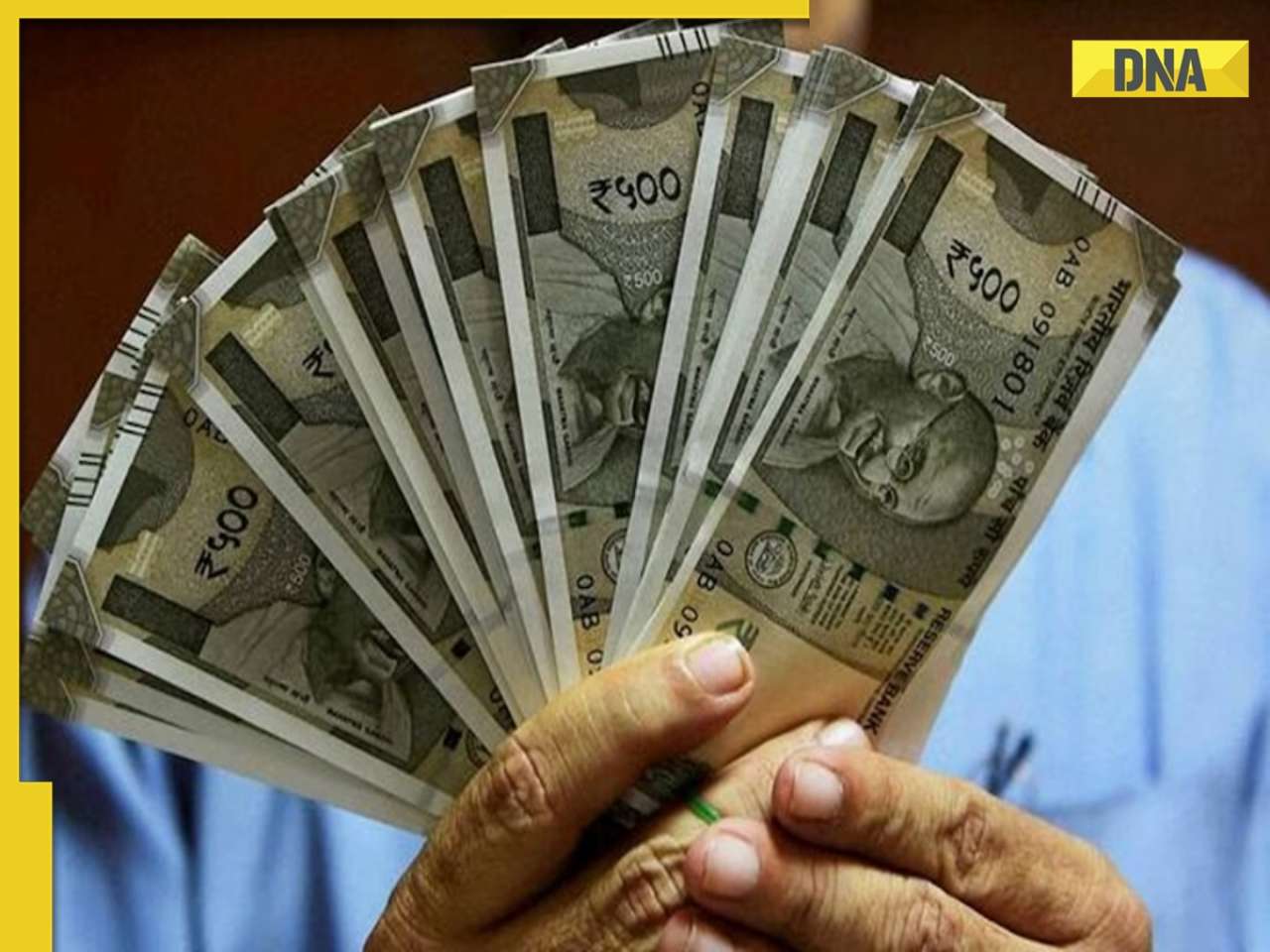
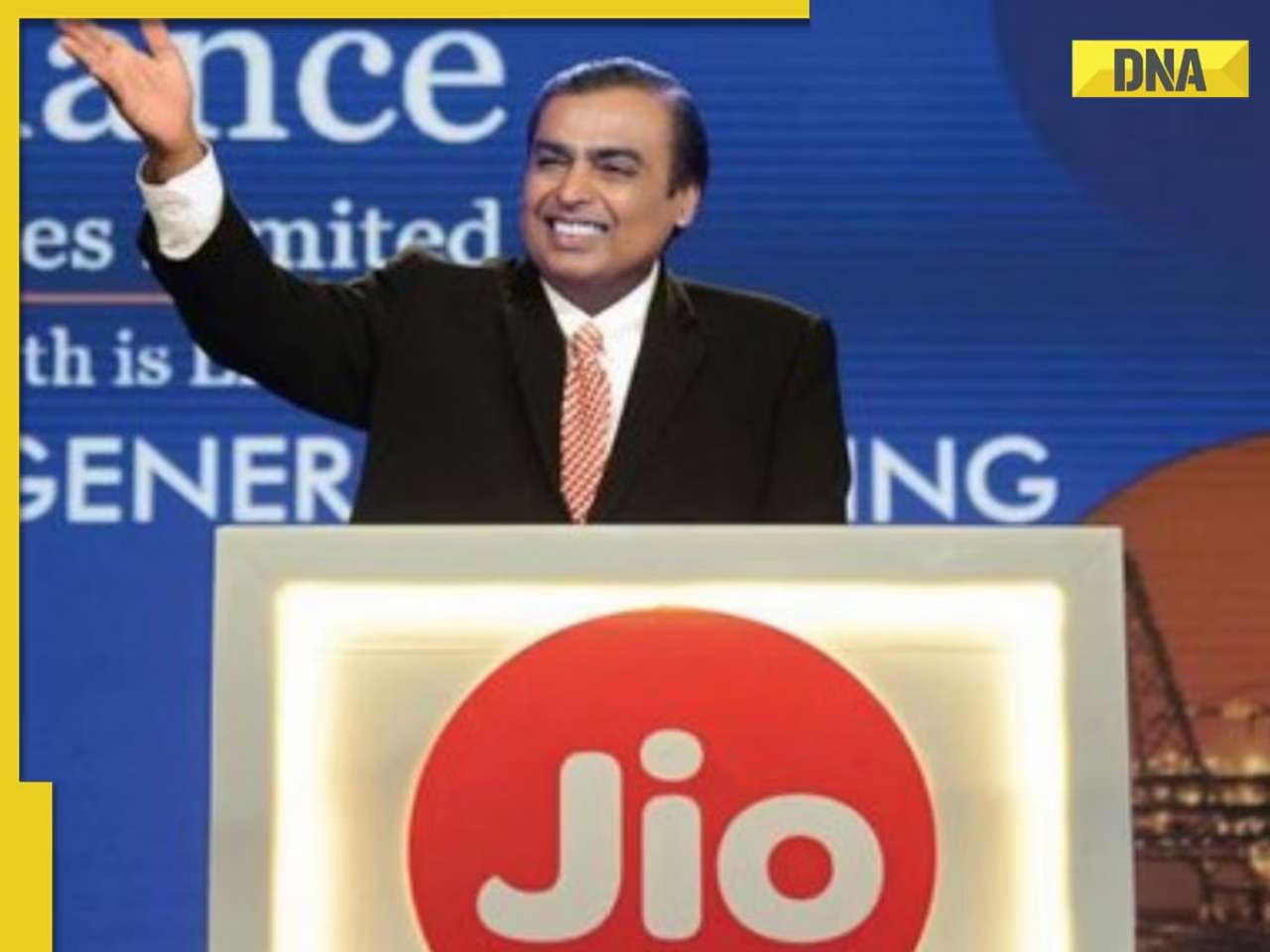


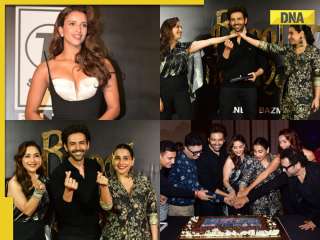


)
)
)
)
)
)
)
)
)
)
)
)
)
)
)
)





